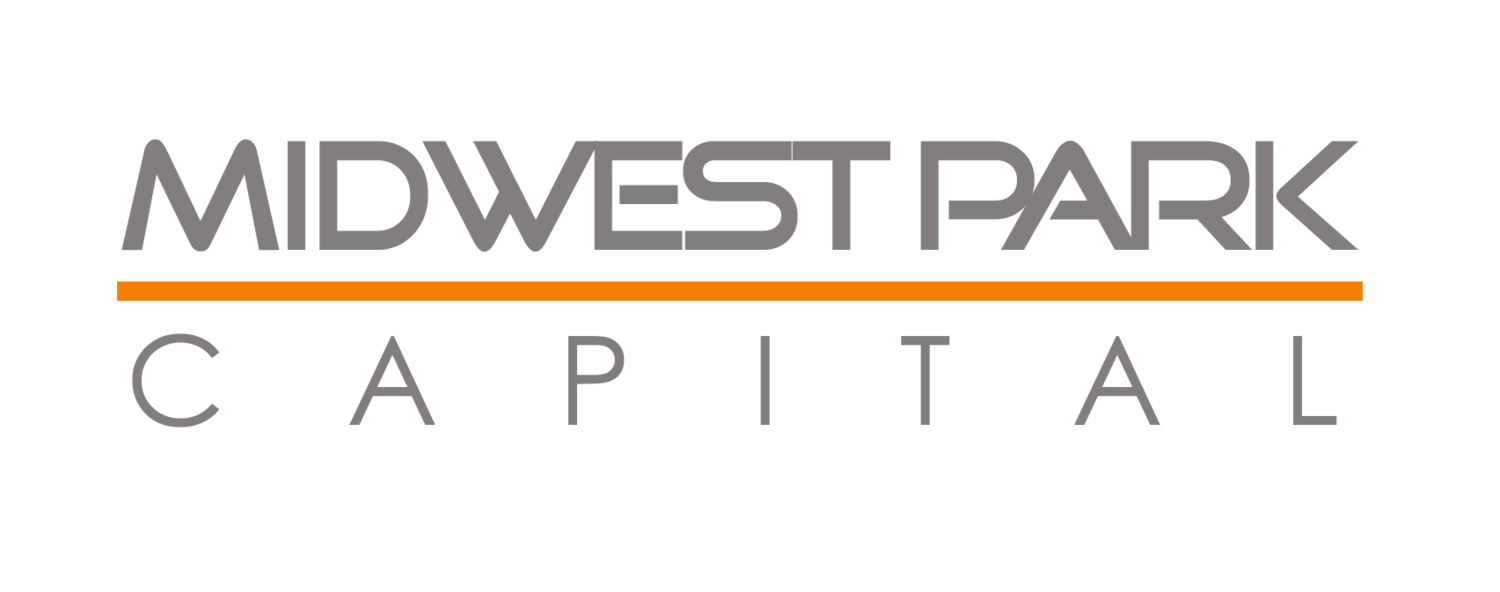Mobile Home Park investments offer investors some of the most attractive risk-adjusted cash yields available in the current real estate market. Mobile Home Parks have two unique investment characteristics that differentiate them from apartment investments:
Mobile home parks are residential subdivisions – investor owns the land and property infrastructure (streets, utility connections and common areas) and typically only leases the land to homeowners.
High tenant switching costs – it costs $5,000-$10,000 for a homeowner to move and reinstall their home into another community.
These two factors translate to:
Lower tenant turnover: 10-15% annual turnover vs >60% for apartments
Reduced operating expenses: ~35-42% operating margin vs. ~55-60% for apartments
Pricing power: Ability to raise rents without realizing vacancy (loyal customers)
Minimal Ongoing Capital Expenditures: The value of roads, clubhouses and other common area improvements can be maintained with periodic capital expenditures averaging $125/site annually.
Higher Cap Rates Than Apartments:
Mobile home park investments tend to trade at a capitalization rates (net income divided by purchase price) anywhere from 1-3% percentage points higher than comparable quality multifamily assets. The combination of the higher going-in cap rates with comparable financing terms provide significantly stronger cash-on-cash yields than currently available in multifamily. For those investors that seek immediate cash flow returns, mobile home parks are likely to be an attractive option.
Compelling Demand / Supply Imbalance:
Demand for quality affordable housing often outstrips the supply of mobile home park properties. Affordable housing is in high demand from young families, middle-aged people in transition, and seniors on a fixed income. Approximately 26% of American households earn $25,000 per year or less (1), which allows for roughly $500 per month in total housing costs. The average apartment rent is over $1,000 per month and is smaller than a typical mobile home. Our mobile home park investments offer tenants a superior combination of quality and price than comparably-priced site-built homes or apartments in that area and provide families with a sense of community.
While the demand for quality, affordable housing increases, the supply of mobile home parks is diminishing. It is estimated that approximately 1% of mobile home parks are redeveloped every year into higher and "better" uses. Furthermore, we do not expect any new mobile home park developments adding to supply as use restrictions and local economic environments have made it difficult to acquire appropriate zoning for new parks, thereby eliminating new competition for current mobile home park investments.
Tremendous Tax Benefits - Accelerated Depreciation:
From an accounting perspective, the majority of a mobile home park's value is comprised of land improvements (roads and utility lines), which can be depreciated at an accelerated schedule. Mobile home park depreciation schedules typically average 15 years compared to apartments of 27.5 years and commercial properties of 39 years. This unique tax feature often translates to tax-free operating cash flows to the mobile home park investment owner.

